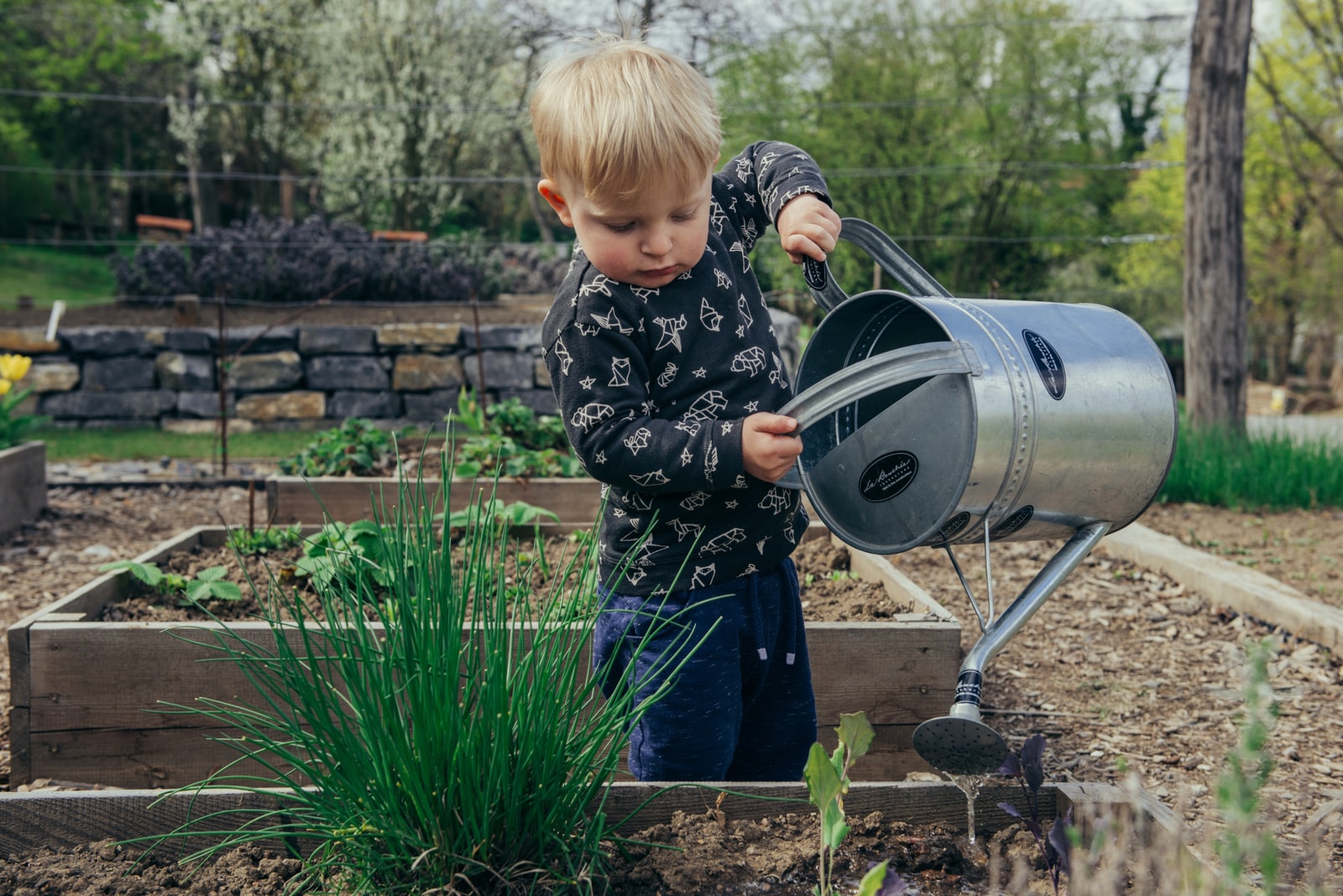How to Create a Homeschool Weekly Schedule
Are you looking for a simple homeschool weekly schedule to help you with homeschooling your children?
- To stay focused on the tasks for the week…
- To feel relaxed knowing what you are doing each day…
- And to create a sense of organisation and peace of mind…
This simple plan won’t create a perfectly peaceful home (because we have children right mums?!?), but it can help to plan your week which is super helpful as a busy mum.
You’ve got this!
I’ll show you in this post how to use the homeschool weekly schedule to create a week that flows better – and as a thank you, you get the free PDF printable in this blog post!
This post contains affiliate links, which means I receive a small commission, at no extra cost to you, if you make a purchase using this link. Please see my disclosure for more details.


How to Create a Homeschool Weekly Schedule
I understand what it feels like to want to do your best as a mum for the family whilst creating a homeschool weekly schedule that works for you all. It can be scary, overwhelming, tiresome and confusing.
But, have faith as it can be super simple and easy. Perfect? Erm no. Because perfection will quite frankly most likely never exist, especially when running a household, however, we can certainly strive for perfection whilst leaving space for mistakes and tears (and that’s just us mums right?)!!
I always knew I wanted to homeschool my children before any of them were born. For many reasons, it has always felt like the right thing to do for my family. As my oldest approached an age where I felt called to really start thinking more formally about it I started diving deeper.
>> Heads up: I go off topic here, feel free to scroll down for the actual point of this post! <<
Side note: when is the right time to start homeschooling? It is my belief that children are always being educated no matter 6 months of age, 2 years, 5 years etc. And what is formal homeschooling? Personally, I have found on my journey of homeschooling, parenting and life that there is no such thing really. Like really… aren’t we simply learning always and isn’t that learning just learning? Why the labels, structure, and formalities? This has come about really from the mere short years of schools being introduced which humans do not need to exist and thrive in this world. Humans have been around a long time and have done perfectly fine all this time. What is homeschooling any way? Why go to school? Aren’t we simply living and learning? Aren’t we naturally created by God to simply be human and do our best together on this beautiful planet?
Humans and their ancestors have been walking the planet for about 6 million years. Homo sapiens, who are the modern form of humans evolved 300,000 years ago from Homo erectus. Human civilizations started forming around 6,000 years ago.
World Atlas
Us humans have done pretty great all this time right?!?
Even going as far back as the human civilisation which is 6000 years ago, the idea of schools has been gradually forming for around 500 years. Does this mean it’s essential to go to school? I believe education is important for everyone, but how it’s delivered and what is delivered is something that fascinates me as a human, and mum.
I like this article here.
And I love what Amy, mum of 3, from Around the Thicket says about the purpose of education alongside the Charlotte Mason approach:
Why must children learn at all? This is a question Charlotte Mason poses in her first volume Home Education. Her simple answer is that children learn in order to grow. They are born with a natural appetite for knowledge, and an ability to learn.
Amy, Around the Thicket


Charlotte Mason was a British educator in the late 1800s and early 1900s who emphasised respecting each child as a person and giving him a broad education. Her approach works with the way children naturally learn and presents a generous curriculum, including nature study, art and music appreciation, handicrafts, as well as the usual academic subjects.
The object of education is to put a child in living touch with as much as may be of the life of Nature and of thought. Add to this one or two keys to self-knowledge, and the educated youth goes forth with some idea of self-management, with some pursuits and many vital interests.
Charlotte Mason, Home Education
And I adore these words which really highlight the importance of taking care of our children without worrying about “all the things” we should be doing, especially when so young.
With all the pressure to give our children a good education and adequate socialization, it’s good to remember that a mother’s first duty should be to provide a secure, quiet early childhood. For the first six years, children should have low-key schedules so they can just be and grow, and they should spend most of their waking hours outside enjoying the fresh air.
Charlotte Mason, Home Education
Ok and your point is what Rebecca… What does the above have to do with a homeschool weekly schedule? Well, it’s food for thought to help us all as we embark on the journey of home education. Perhaps schools can have a positive place for children. What is the trade-off between schooling or home education? What is the true purpose of a school today? What does a child need to thrive in this world? Basically… do not worry about creating the perfect homeschool weekly schedule. Focus on what is truly important for your family and the education that suits your children will naturally fit into place over time. Have faith and be positive. It will work out more than ok.
Ok, I’m back…
How do I Plan a Week for Homeschooling?
When it comes to creating a homeschool weekly schedule plan, always, and I repeat, always keep it simple. Start simple. Focus on simple. Plan simple.
As a newbie to homeschooling avoid getting overwhelmed by allowing yourself to take it one step at a time, one day at a time. Things are bound to change over time as you find what works for you and your children.
I talked about preparing for homeschooling in another post:
Keep it simple. Always keep it simple. When you are preparing for homeschooling start small and simple and then you can build as you go along. Connect with homeschooling parents on a Facebook group, find a few free online resources you like the look of, and buy just a couple of workbooks to get started.
It all depends on the style of homeschooling you are choosing for your family. Are you homeschooling? Unschooling? Christian-based? Child-led? Curriculum-based? Once you know the answer to these questions you can start to build the resources that are best for your family.


Topics / Curriculum
When creating a homeschool weekly schedule the best thing is to create an idea of what’s going to be covered no matter the style of home education you choose.
If following a set curriculum, then it will be pretty straightforward to plan the week. If you follow an unschooling approach it is still good to pick a few topics and then go with “the flow” on that given day with the child’s interests. If you follow Charlotte Mason then there is structure to each day. Or perhaps you follow a combination of approaches.
An example schedule:
Use the example below for however many days you choose to have focused education. Switch out different topics in the morning basket. Science –> maths/history/animals etc. After the books, focus on nature/movement (walking, dancing, cycling, playing). The afternoon focus on quiet time to relax and recharge so bring in drawing, colouring, reading, puzzles etc. At night time snuggle in bed to read a book.
- Morning: Morning basket (read a nature poem + bible study + science book + handwriting)
- Walk in nature/gardening/play outside
- Afternoon: play a game/read/arts + crafts
- Night: storybook
The approach above uses a few different styles of home education: unschooling, child-led and Charlotte Mason. You don’t have to be 100% set on a style forever, or a curriculum forever. It is ok to start with a plan so you get started and then over time, you will learn what works for you all.
A Typical Homeschool Schedule
To give you an idea of various homeschool schedules, I am going to show you different schedules from other mums as this will show you there is no one set way, there’s room for flexibility AND you can enjoy homeschooling too!
Jeniffer from Large Family Frugal Living, homeschooling mum of 6 children:
Here’s a look at our daily homeschool routine . . .
- I get ready for the day (teeth brushed, hair up, check my weekly calendar)
- breakfast (we eat together and read through our two devotion books (Indescribable) & Wisdom and the Millers)
- kids make beds, get ready for the day, and find something quiet to do in the living room
- I read our read alouds while the kids play quietly
- after read alouds, the kids go outside (sometimes these two are reversed, depending on season and weather)
- while the kids are outside I do some mom chores
- I make lunch and after clean up (and some other family chores) the baby goes down for a nap and we do our table work
- after table work the kids are free and I take care of whatever else needs to be done


I love this mum’s approach below as she outlines the year and daily schedule. It’s super simple and creates an enjoyable flexible environment for the family.
Tauna from Proverbial Homemaker, homeschooling mum of 6 children:
Here’s what we do for ALL the days of the week for our year-round homeschooling schedule.
- Sunday – Sabbath
- Monday – Family day
- Tuesday – Standard lesson day + Piano lessons
- Wednesday – Standard lesson day
- Thursday – Standard lesson day + Choir/Baseball (although those are currently cancelled)
- Friday – Standard lesson day + Library (we may do hikes on Fridays this year instead due to restrictions)
- Saturday – Home Blessing Day (housework, character, life skills, art, etc.)
What I love about this schedule is that I KNOW the basics will get done with our regular routine. The rest will keep progressing and adjust to life situations without derailing us from the plan.
Our Daily Homeschool Schedule
- Breakfast: Bible & memory work
- Morning Chores & responsibilities
- Group work time at the table (looping through Charlotte Mason style resources / Morning Basket)
- Individual work
- The older kids do their independent work (daily work and loop schedule) and come to me with questions or any tasks that need input/instruction.
- I spend some 1:1 time reading or playing with my preschooler. He’s more likely to stay sane if I do that. 🙂
- Then I sit down for 30-40 minutes of desk time with my early elementary kids (reading/writing/math).
- Lunch: History (Always includes read aloud, may also include coloring pages, videos, projects, etc.)
- Older kids finish independent work (short video at 3PM for those who have finished).
- Some days in the afternoon we do a tea time or preschool activity (but usually they all join in because it’s fun).
- Dinner: If Daddy is working we do an audiobook literature selection.
- Evening read aloud: About 3 days a week we do a before-bed read aloud session where the kids play with Legos or color and I rotate through a basket. We include a missionary biography and I often bring in literature selections related to our school work.
Do you want to improve your wellness? Get the Ultimate Wellness Planner here.
Frequently Asked Questions About a Homeschool Weekly Schedule
Need a quick answer, use the section below!
Free Printable: The Homeschool Planner
Download the template below so you can plan and prioritise!


How to Create a Homeschool Weekly Schedule
The most important thing to remember when creating a homeschool schedule for your week is to stop chasing perfection and not get caught in the Pinterest picture-perfect planner or perfect homeschool curriculum.
It really doesn’t matter what you use to get organised, the key is to get organised and then START.
I’ll repeat that again. START.
Choose a schedule and homeschool style that appeals to you then learn from the stumbles, tears and mistakes as you go. Trust me, you won’t get it perfect when you start, but the main point is to start.
Take action! You’ve got this! I truly believe in you. Believe in yourself. Have faith, be positive and get started with homeschooling your beautiful blessings.
You might make a mess with the plan, but so what? Just plan again and move forward and be sure to take care of your health so you feel your best!
Did this help you?
If you really like this blog post and it was helpful for you please share it with your friends and family or leave a comment below. I really appreciate it and would love to hear from you! Let me know if this post helps you with homeschooling your family.


Free Planner: Homeschool Weekly Schedule
Get the simple planner to be focused on the right things and accomplish your tasks easily as a busy homeschooling mum.








2 Comments